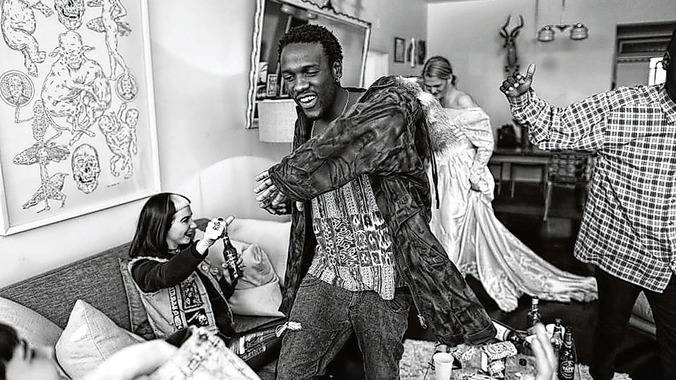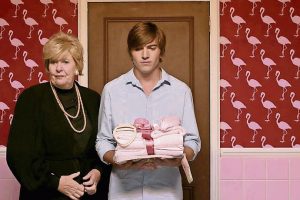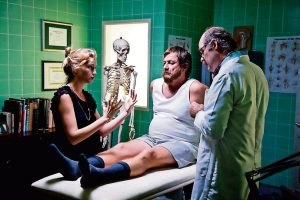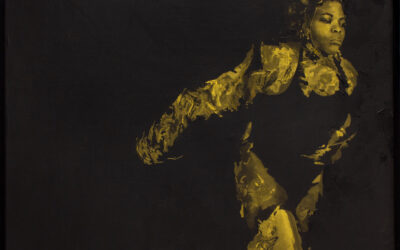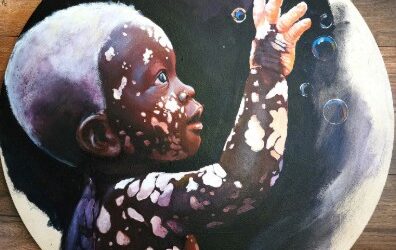Lisa Witepski looks at the eight South African films that are hoping to make a mark at the 2015 Cannes Film Festival.
Among the Hollywood heavy hitters and indie artistes crowding Cannes Film Festival this year, a contingent of South African filmmakers are hoping to make their presence felt.
Eight South African films are being showcased at the Marché du Film, the festival’s “movie market” that takes place between May 12 and 21.
A number of “firsts” are represented: there’s Africa’s first zombie movie, for example, as well as the first film collaboration between South Africa and Angola and, of course, several directorial debuts.
One of the most impressive of these is Necktie Youth, an offering by 23-year-old newcomer Sibs Shongwe-La Mer, whose vision of post-apartheid South Africa is a digital nightmare. Far from a land of promise for born-frees, it’s a country where middle-class youth battle to find their way through a nihilistic dystopia. Jabz and September’s attempts to navigate the complications of millennial youth are compounded when their friend, Emily, livestreams her own suicide. (See photo above)
South African youth also come under the spotlight in Ayanda and the Mechanic. The hype surrounding this piece was inevitable – it was produced by Leading Lady, the company of Terry Pheto, Tsotsi star-turned-international actress and model. Described both as a family drama and a “coming-of-age story about an African hipster”, the film sees the eponymous Ayanda getting to grips with the ghost of her father, whose garage she inherits. [see related blog]
Then there’s Die Windpomp, another film that delves into the question of what it means to be human – although, this time, coming up with a far more optimistic answer. The film’s box office bang and critical success has led to it being described as “a South African favourite”, its whimsy compared with that modern-day classic Amélie, as it follows 17-year-old Hendri’s journey of self-discovery.
One of the most interesting things about this film is that, although producer Chris Roland’s experience with films Hotel Rwanda and Stander ensures he is no stranger to the African psyche, this is the first time the American has made an Afrikaans film. Indeed, he has just learnt to speak the language.
Roland was also involved in the making of Dias Santana, filmed in South Africa and Angola. Again, he stretches his linguistic skills with a film shot in Portuguese, English, isiXhosa and Afrikaans. Telling the tale of the Santana brothers, Matias and Dias, it’s an action drama in which vengeance is the only thread binding a broken family.
A number of the South African films probe the issue of conflict and confrontation, examining the obstacles that stand in the way of community cohesion. Perhaps that’s not surprising, given our history.
But The Man with the Heavy Leg, a 12-minute short directed by Natasja Fourie, puts a new spin on an old question. Her adaptation of three Jan Rabie novels is an exploration of guilt and consequence, and the interplay of dynamics in a country where compassion is an expensive commodity. Heavy Leg features in the Cannes Short Film Corner.
Bordering on Bad Behaviour may be a lot less subtle, but its brazen look at the differences between people – contextualised with a flammable encounter between an Israeli, an Arab and an American – has garnered not only laughs across the world, but also accolades, including best feature comedy and the audience award at the Indie Gathering International Film Festival. And Oz Zehavi won best supporting actor.
In this malecentric milieu, it’s refreshing to see a female heroine. She comes in the form of Kathleen Jacobs in director Laszlo Bene’s Assignment. Returning from a mission in the Congo, she becomes the minnow in a political power game that involves her ex-husband and former military adviser.
On a lighter note, John Savage, himself veteran of the South African music scene, encourages musos not to take themselves too seriously with his crowd-funded comedy Stone Cold Jane Austen. A collaborative effort in more ways than one, the film features stalwarts of the South African scene, including the Parlotones, Fokofpolisiekar and Chris Chameleon.
Finally, the zombies have landed with Last Ones Left. It’s apparently their first visit to Africa, but they get the full treatment in director Howard James Fyvie’s eyeball-and-intestine-riddled ode to the genre.
Via Mail & Guardian

